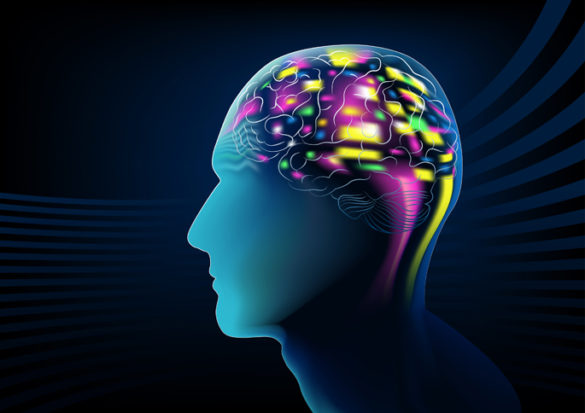
Adults with a high degree of social inhibition or “extreme shyness” that makes it difficult to form new relationships also exhibit an impaired ability to recognize faces, a new study suggests.
Reporting in Psychiatry Research, Jennifer Blackford, Ph.D., and colleagues used a Repeated Faces task of test faces flashed on a video screen to measure facial recognition memory in young adults identified by a range of social inhibition scores.
Subjects with higher social inhibition showed less improvement in face recognition memory after repeated exposures than those with lower inhibition, suggesting that impaired face recognition is an important element in social inhibition.
Since face recognition is highly heritable, it may help explain the impact of genetics on social behavior across a wide spectrum of psychiatric illnesses, they concluded.
However, this study was correlational and did not test whether differences in face learning cause or result from social inhibition. Further work is needed to establish the relationship among face viewing patterns, recognition memories and social inhibition, they cautioned.
The study was supported in part by National Institutes of Health grants MH083052 and MH102008.
Send suggestions for articles to highlight in Aliquots and any other feedback about the column to aliquots@vanderbilt.edu
















